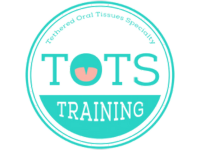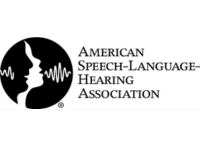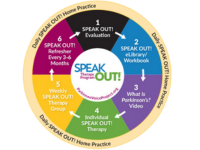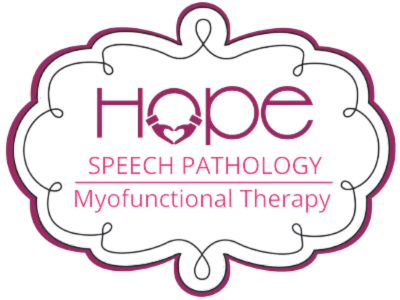Hope Speech Pathology offers evidence-based practice along with “hope” and compassion to improve our patients’ quality of life!


Amy is fabulous. She goes the extra-mile to make sure you understand how you are progressing and will communicate with you to keep you fully informed.
We are the only clinic specializing in Orofacial Myofunctional Disorders for both children and adults, as well as pediatric and adult swallowing disorders.

We are committed to offering a variety of services for preschool age children, school aged children, teens, and adults. We provide a thorough assessment that relates to each modality affected and develop an individualized treatment plan to address the needs of our patients.

We aim to treat our patients in a comfortable environment while offering them necessary comprehensive care. We understand that having difficulty with communication and/or swallowing can be difficult and we are dedicated to helping you achieve your goals.
Scheduling appointment with us is simple
that relates to each modality affected
to address the needs of our patients
helping you to achieve your goals

Schedule your appointment now and start building the life you deserve.






Monday 9am-7pm
Tuesday 10am-7pm
Wednesday 8-5pm
Thursdays 8-4pm
Friday -8-4pm
Copyright © 2025 All Rights Reserved.